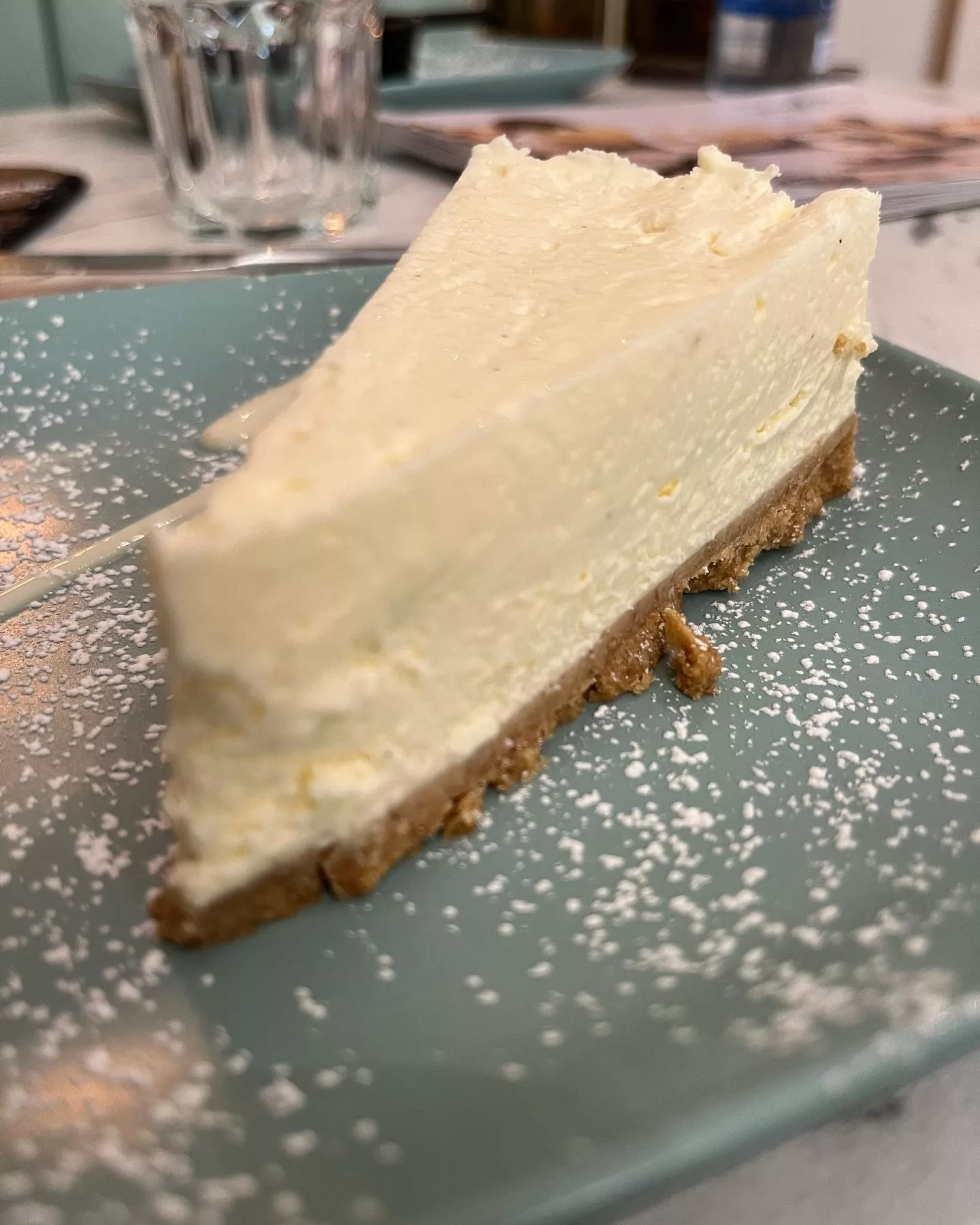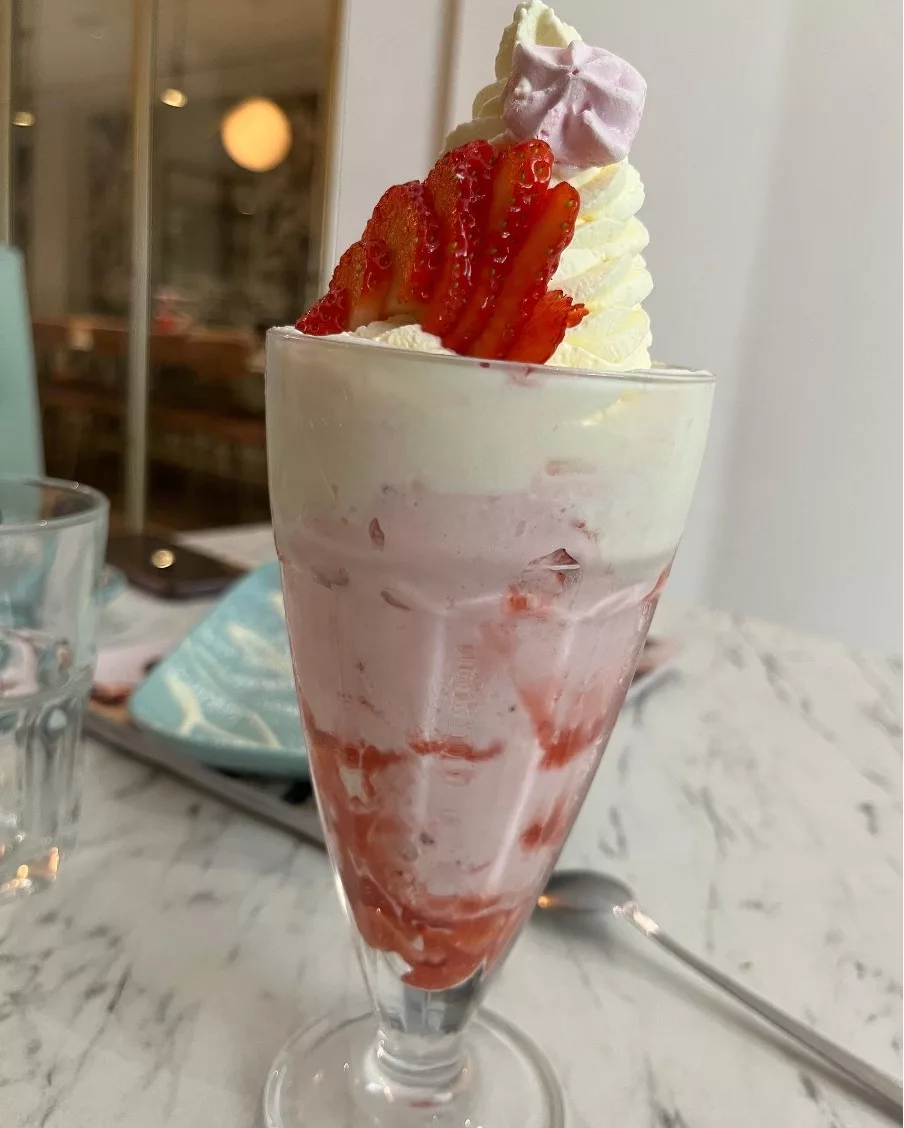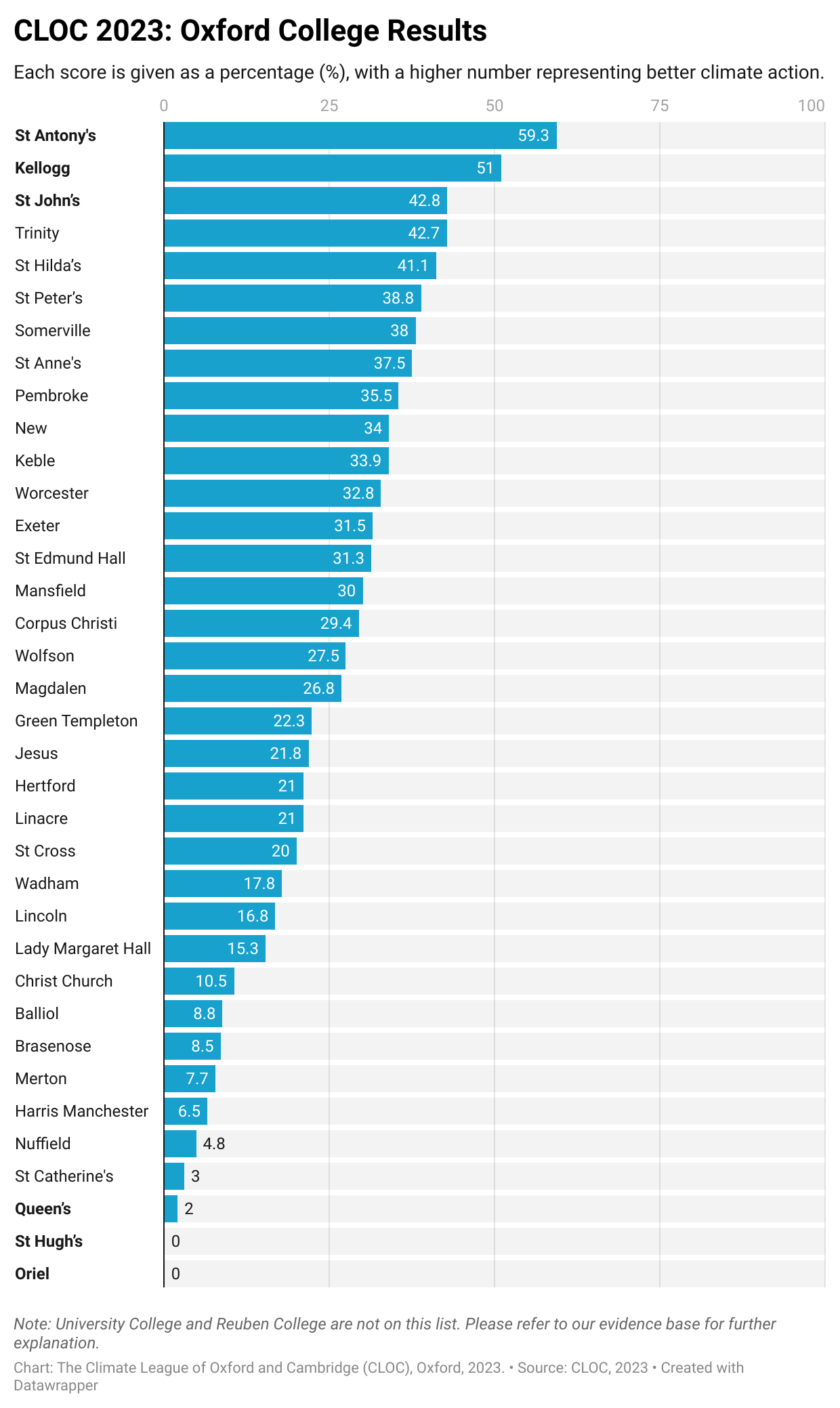In 1920, Edvard Munch painted his bleak Self-Portrait After Spanish Flu [Above]. It is temporally situated ‘after’ his recovery, and yet his face remains only partially pigmented, his sunken eyes still bearing the marks of trauma in their layered, faint concentric circles. The signs are there but only vaguely perceptible, sequentially conveyed by his unkempt hair and his anguished gaze – symbolic or real manifestations of the residues of illness.
Revised estimates place the number of deaths from the Great Influenza at five percent of the global population, and as many as 10 percent of young adults are thought to have died in the final months of 1918 alone. Even if one were to only consider the lower estimates, the event remains the single most deadly pandemic in human history. And yet, like Munch’s portrait, Influenza itself is almost nowhere to be found in the period, having to be recouped, as Elizabeth Outka puts it, in ‘gaps, silences, atmospheres, [and] fragments’.
When the pandemic hit Ontario, William Faulkner was a cadet in the Canadian Royal Air Force. Writing home to his parents, he would bemoan the lengthiness of his base’s lockdown, and the protracted sense of time it engendered. ‘The quarantine has not lifted yet’, he wrote, ‘my hair is so long that I am going to […] put a black satin ribbon on it […] life continues on […] days of eating and sleeping and full of egregious stupidity’. Hospitals were overwhelmed, prompting the mayor of Ottawa to concede that ‘[People] are not dying because we do not know about them […] we know where they are, but have nobody to send’. Morgues, meanwhile, couldn’t deal with the number of bodies: police assisted burials in Regina, and in Norway House, bodies were left on rooftops to be buried months later. In Faulkner’s As I Lay Dying, the book-length burial of Addie Bundren speaks to these protracted scenes of domestic mourning.
Lying in her death bed, there is a sense that Addie is already dead; ‘her face is wasted away so that the bones draw just under the skin in whitelines. Her eyes are like two candles when you watch them gutter down into the sockets of iron candle-sticks’. These words might remind us of the account of one flu doctor: ‘Two hours after admission they have the mahogany spots over the cheek bones, and a few hours later you can begin to see the cyanosis extending from their ears and spreading all over the face […] It is only a matter of a few hours then until death comes’.
Yet, this state of ‘living death’ is permeable, for the threat of her return lingers:
Anse kept on looking back, like he thought maybe, once he was outen the wagon, the whole thing would kind of blow Tip and he would find […] her laying up there in the house, waiting to die and it to do all over again.
Even within her coffin, Addie’s corpse is liminal, prone to returning once more to the bed ‘up there in the house’. Notably, the imagined reprieve is merely temporary: there is no escape from death, one merely ‘wait[s] to die and [have] it to do all over again’. Arnold Van Gennep contends that funerary rituals are tripartite; ‘separation’, (the body leaves the realm of the living), ‘transition’, (the liminal period between death and burial where the body remains a corpse), and ‘reincorporation’ (where the deceased is commemorated, ‘reincorporated’ within the collective consciousness of those who knew them). In As I Lay Dying, as in the pandemic moment, the omission of burial rites denies this consummation. The tripartite ritual remains permanently suspended in its ‘transitional’ state, and the family of the unburied victim denied closure. Mid-way through carrying Addie’s body, Darl comes to a realisation:
It is as though the space between us were time: an irrevocable quality. It is as though time, no longer running straight before us in a diminishing line, now runs parallel between us like a looping string, the distance being the doubling accretion of the thread and not the interval between.
Time here becomes a material entity defined by such ‘transitional’ positioning; it no longer ‘diminishes’ but seems to proliferate in a manner suggestive of the variety of temporal experience. It is spatialised and extended, a simulacrum of the physicalised distance ‘between’ the characters. Its ‘looping’ coils, and its ‘doubling accretion’ connote a sense of elongation, as if time itself is maximally drawn out. Most significant is its conversion from linearity to ‘parallel[ism]’; time here is protracted, felt differently on either side of its ‘looping’ tucks and turns. Darl’s contention seems to resonate with Einar Whigen et al., who argue that the temporal technologies of epidemics necessitate the ‘synchronicity of the non-synchronous’. Many different timeframes co-exist here; one of the ‘living dead’, another of the living and the dead, and another still of the ‘liminal’ space between separation and reincorporation – the many synchronicities of the non-synchronous.
Darl’s use of the word ‘accretion’ is fixated upon in another way by Kathryn Olsen, who notes that it is an action that ‘often occurs through the bringing together of disparate fragments to make a whole—much in the way that the structure of [the] novel works’. Whilst significant, Olsen’s contention might be taken further to consider the manner in which accretion itself is a gradual process of accumulation. For time itself to accrete, it must first be segmented, be rendered strange and incomplete. Parallels might be drawn here with Christopher Pak who argues that pandemics themselves complicate temporal experience because ‘any discontinuity in the linear trajectory of chronological time engenders an epistemic and ontological reconfiguration of our (non)sense of time.’ Once time is ‘accreted’ it undergoes one such ‘epistemic […] reconfiguration’.
Reorienting these temporal disjuncts, the Great Influenza can now be found pattering expressively at Faulkner’s textual borders, silent but urgently present. For it is when we read for the pandemic that the pandemic begins to read for us.









